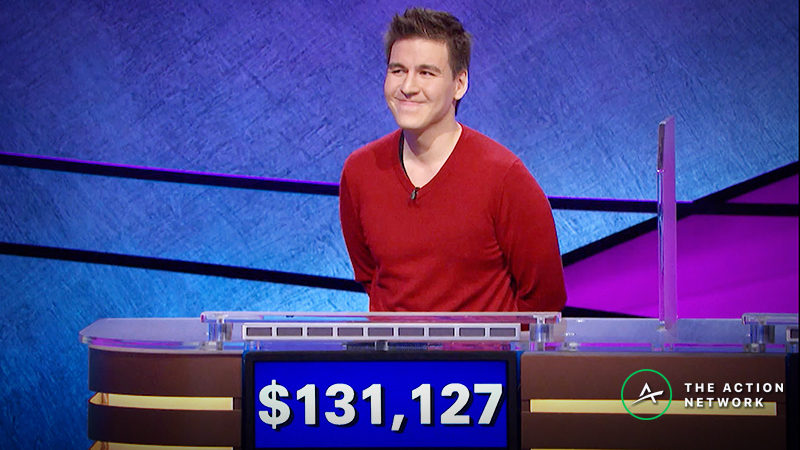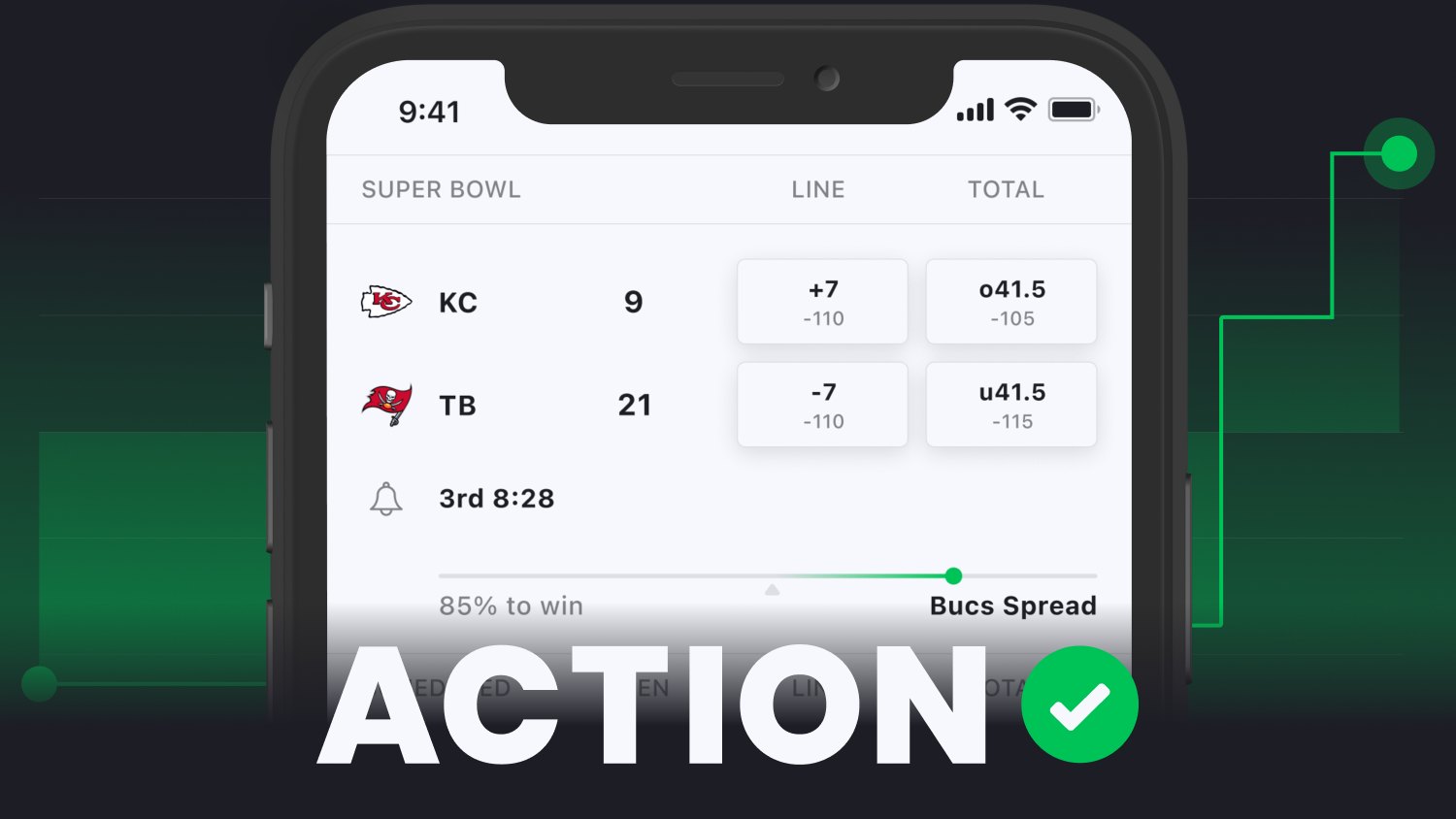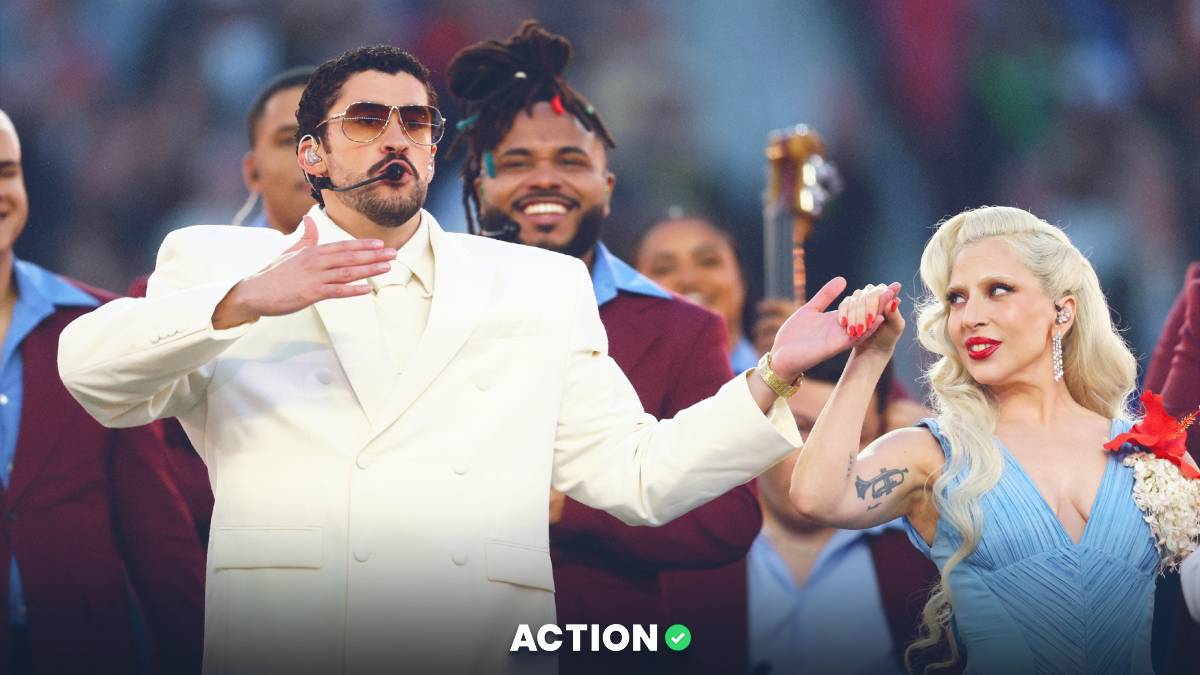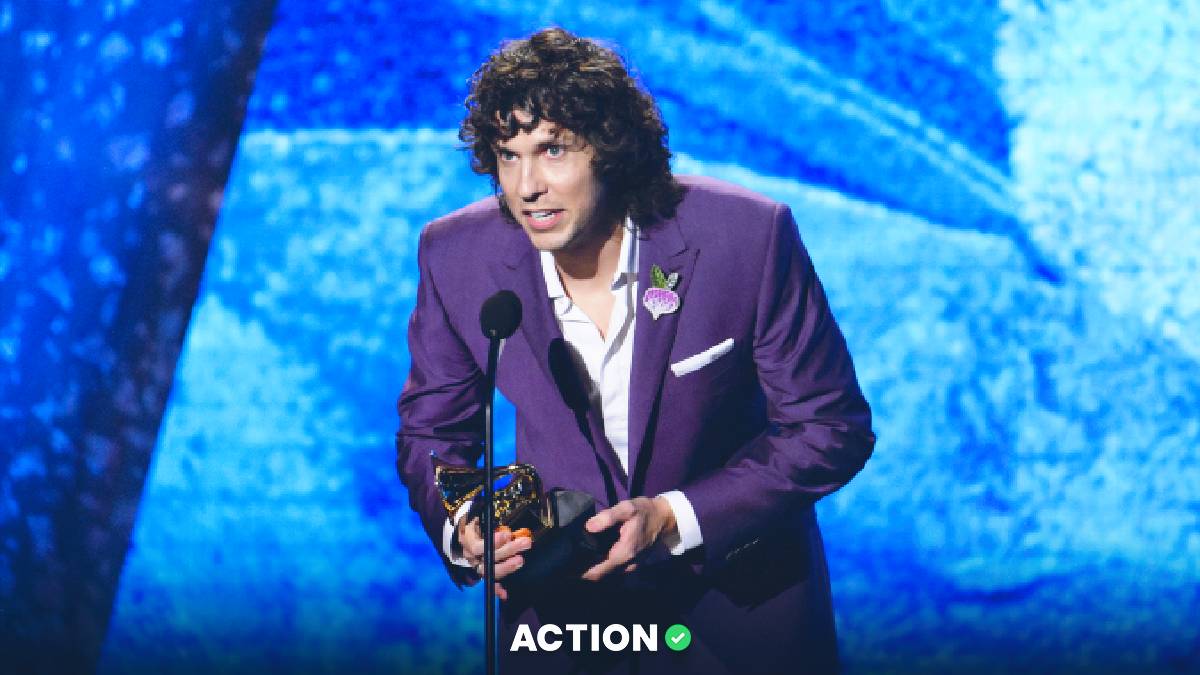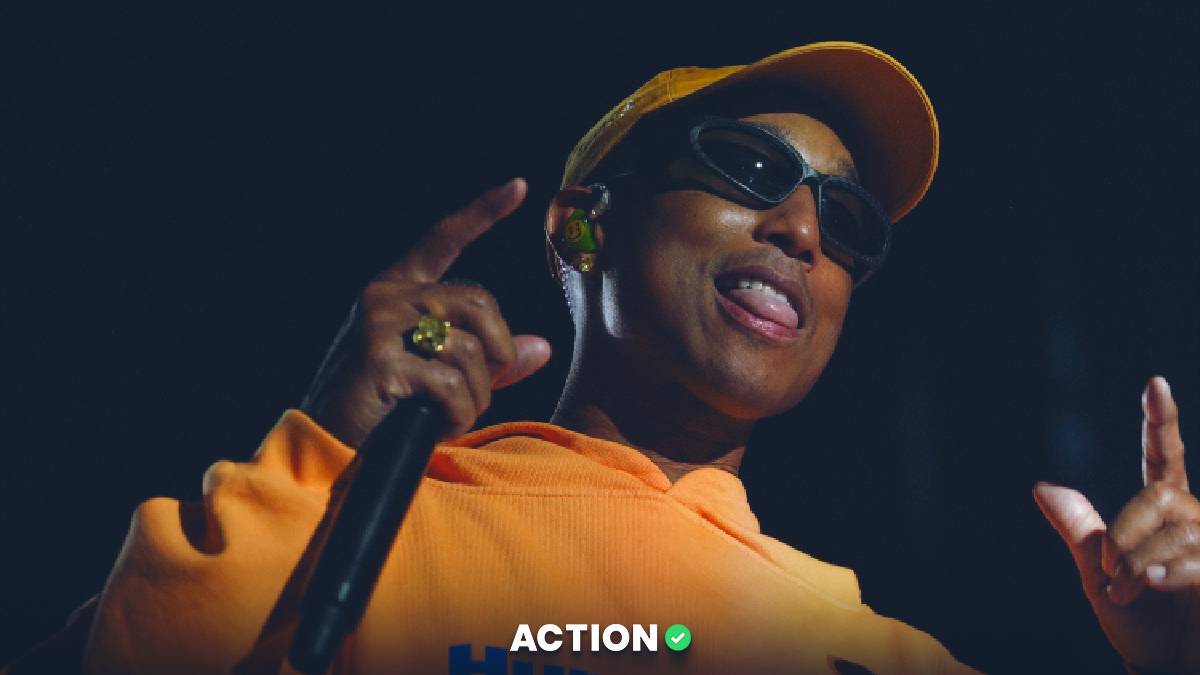- James Holzhauer, a professional sports bettor, won more than $2.4 million on Jeopardy! in 33 games, and holds the top 16 single-game money records.
- Holzhauer used sports betting principles like risk tolerance, probability and expected value to blow out competitors on a regular basis.
Editor's note: This story has been updated from a previous version to include figures through Holzhauer's 32 Jeopardy! wins.
If offered a chance to double your money on a bet with a 95% chance of winning, would you take it? You should. I would. And James Holzhauer certainly does every night on Jeopardy!
Much has been made about what allowed Holzhauer — a professional sports gambler — to string together a fascinating run of Jeopardy! dominance.
Is it trivia prowess? Buzzer speed? Savvy betting strategy?
It's all three.
But he quickly stacked cash and won $2.4 million in just 33 games with wagers that were aggressive, yet advantageous and calculated. He fell just shy of Ken Jennings' total winnings in fewer than half the games.
Holzhauer set those records by betting with massively positive expected value. He treated Jeopardy! money like actual money, not game show points. Something most contestants never do.
"To me, this is just like a coin flip that's heavily weighted on my side. And I want to get in as much money as I can on that coin, whereas I think your average contestant might be sweating and they can't concentrate on a trivia question with too much money at risk," Holzhauer told our Darren Rovell.
Savvy gambler indeed.
James Holzhauer Jeopardy! Stats
How Holzhauer Shook Up Jeopardy!
I won't bore you with how Jeopardy! works. I'll assume that if you clicked on this, you've seen it.
But Holzhauer shook up the game in a few ways by:
- Getting 97% of his questions correct. That's a good way to win a trivia show, right? His scores, independent of wagering strategy, were better than Ken Jennings. His elite trivia skill allowed him to do everything else we'll cover below.
- Starting at the bottom of the board with $1,000 questions, the most difficult, and accumulating cash fast.
- Hunting for Daily Doubles after that so he can quickly multiply that cash and take a big lead, then multiply it with more Daily Doubles. His first-round Daily Doubles were almost always 100% of his bankroll.
- Wagering more in Final Jeopardy than was necessary, but not enough to lose the game if he gets it wrong.
Before you've even finished dinner, Holzhauer has usually banked $10,000.
What Is Expected Value?
Let's back up and talk about the positive expected value wagers Holzhauer made.
Expected value is what a bettor can expect to win or lose on a bet placed at the same odds an infinite number of times.
In sports betting, a positive expected value (+EV) bet is one that will prove profitable in the long run because the odds of winning are better than the price being offered by the sportsbook. A +EV bet on a single game may lose, but over a large sample, that bet is a good one.
Holzhauer, being a calculated professional bettor, did a little prep before going on Jeopardy! and understood his expected value. He knew roughly the percentage of questions he'd get right.
In his 32 wins, Holzhauer got 1,160 questions correct and 36 wrong. That's almost 97%. On Daily Doubles — where you can wager every dollar you have — he hit almost 95%. He missed just one Final Jeopardy question in 33 games.
"The people who appear on the show have all passed the same test. They all can do most of the questions on the board," Holzhauer said.
But they are never bold enough to wager large amounts.
Holzhauer knew going into his Jeopardy! tapings the percentage of those Daily Doubles he would get right.
And when you can double your money at a 95% success rate, you do it. It's roughly the same as betting on Alabama football to win straight-up as a 21-point favorite against Missouri. But you're getting it at even money, not risking $1,800 to win $100.
Holzhauer won $653,416 from Daily Double wagers in his victories, almost 30% of his total money. Daily Doubles made up 6% of the questions he's answered correctly.
Advance, But Stack Cash
Holzhauer can quickly calculate an optimal bet on a Daily Double or Final Jeopardy — among his most impressive skills.
We know his bets are massively +EV, since he gets even odds on a bet with 95% probability of winning. But if he misses one, he could risk losing the game. And if he doesn't win and advance to the next episode, he can't win more money.
Holzhauer balances this Jeopardy! dilemma extremely well:
How can I win the most money in this episode, while making sure I win the game to so I can get to the next episode and make more money?
Let's take the Tuesday, April 23 show as an example (with a chart below). Holzhauer found all three Daily Doubles in the game, and got all three correct.
His first Daily Double, he bet everything. But on his middle wager — when the game was significantly closer, and he could have lost a grip on it had he gotten it wrong — he risked just 30% of his bankroll. Significantly less than the first and third.
And on Final Jeopardy, when he knew he couldn't lose the game, Holzhauer bet $50,000 — nearly the entire amount he could afford to lose and still not be caught by his opponents. He wagered 72.66%.
And why wouldn't he? Holzhauer gets 95% of the questions right.
So How Does He Control the Daily Doubles?
Holzhauer controls the Daily Doubles because he's insanely fast on the buzzer. On Jeopardy!, contestants can buzz in once host Alex Trebek has stopped reading the question and a producer turns on a blue light that appears off-stage.
Holzhauer didn't truly start dominating on the buzzer until his third week of shows, though he admitted he read about the optimal buzzer strategy in this book written by a former Jeopardy! contestant.
Given that five Jeopardy! shows are filmed in a day, many "returning champions" have a big advantage over new contestants who aren't familiar with the quirks of the buzzer.
Here is the 3-game rolling average of Holzhauer's percentage of questions in which he buzzed in first.
All data from JeopardyFan.com.
For reference, here is Jennings' first-buzz rate. He really didn't start thriving until the end of his second week, and really dominated in the middle of his 74-game run.
So How Did He Lose?
Defeating Holzhauer would take a perfect storm — someone good on the buzzer getting at least two of the Daily Doubles.
And it happened in his 33rd game. Emma Boettcher got both Daily Doubles in the second round, preventing Holzhauer from making his large wagers to pull away.
Holzhauer was actually pretty close to losing on April 11, too. In his sixth game, he got Final Jeopardy wrong, and his competitor got it right. Holzhauer had already clinched the game, but only won by about $4,000, and that margin would have been less than $1,000 if his competitor wagered his full amount in an attempt to catch him (he couldn't, so he didn't). Had one question gone differently in the second half of the game, it could have swung.
Can I Apply Any of This to Sports Betting?
Get even-money odds on a bet you have 95% certainty will win, maybe? Unfortunately, that seldom exists.
But Holzhauer's dominance is a lesson in expected value. When you have an edge, use it. When you know you'll be making money in the long run if that bet is made over and over again, you can't be afraid to push.


